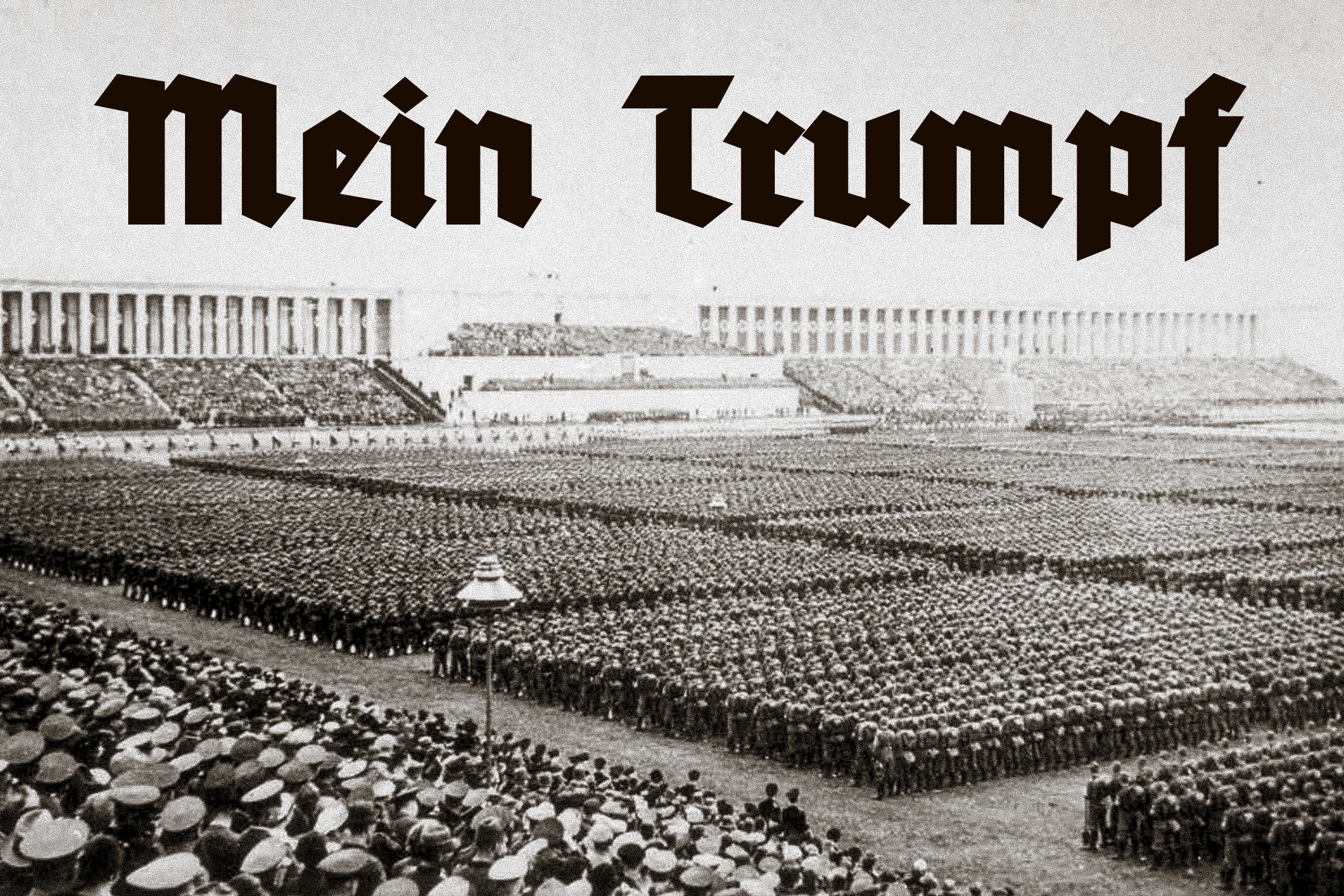
This is the end of the GOP’s Southern strategy. For years, Republicans have courted the white Southerners at the core of the Trump constituency, defended them from attacks on their “culture” of white identity and racial resentment, mimicked their anti-intellectualism—and understood all along that their votes would provide the margin needed to enact the policies of the conservative elite, even if many of those policies (like supply-side economics and neocon foreign policy) have little natural appeal or relevance to working class Southern whites. The GOP even understood that if these voters formed a splinter party (e.g., George Wallace’s AIP), it would be game over for the conservative elite. What the Republican leadership never imagined is that the Trump constituency would actually one day take over the Party.
This could also be the end of identity politics on both the right and the left. My wish—understanding that I may be riding alone on this one—is that Trump’s nomination and resounding loss in November not only will break up the Republican Party (amid general condemnation of all it stands for) but also will wake up the Democratic Party. What I hope for, ultimately, are two reformed parties: one that represents the class interests of the affluent/rich, and one that represents the class interests of the less affluent/poor—and neither of which distracts us with arguments about morality, culture and identity that have no real bearing on our actual material concerns.
What would it be like if every voter made choices solely on the basis of which candidate’s policies would make him or her materially better off, whether measured in terms of, e.g., lower tax and regulatory burdens (on the one side) or, e.g., the availability of social insurance against unemployment, health and retirement risks (on the other side)? Intelligent voters could even take a long-term view of their own material well-being—for example, the affluent/rich could vote for government subsidized health insurance in order to ensure social stability and a supply of healthy workers (or even out of empathy!), and the less affluent/poor could vote to reduce business taxes in order to promote job creation or to incentivize the production of other social goods—without upsetting the basic class equation. With elections focused squarely on class interests and economic outcomes, policies that address the enabling structures of extreme inequality would, at last, be on the table.
What wouldn’t happen in this new two-party system are the false alliances that are made when identity drives politics, and the instability that results when voters are first persuaded, and then unpersuaded, to vote against their own economic interests. Why an end to identity politics? Because the memory of Trump 2016 will be there to remind us what happens.
